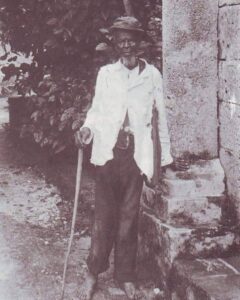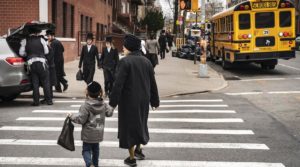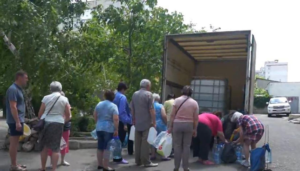A coalition affiliated with the anti-racism Black Lives Matter movement called for criminal justice reforms and reparations for slavery in the United States among other demands in its first policy platform released on Monday.
The six demands and roughly 40 policy recommendations touch on topics ranging from reducing U.S. military spending to safe drinking water. The groups aim to halt the “increasingly visible violence against Black communities,” the Movement for Black Lives said in a statement.
The agenda was released days before the second anniversary of the slaying of unarmed black teen Michael Brown by a white police officer in Ferguson, Missouri. Brown’s death, along with other fatal police shootings of unarmed black men over the past two years, fueled a national debate about racial discrimination in the U.S. criminal justice system.
Issues related to race and violence took center stage at the Democratic National Convention last week, though the coalition did not endorse the party’s platform or White House candidate, Hillary Clinton.
“We seek radical transformation, not reactionary reform,” Michaela Brown, a spokeswoman for Baltimore Bloc, one of the organizations that worked on the platform, said in a statement.
“As the 2016 election continues, this platform provides us with a way to intervene with an agenda that resists state and corporate power, an opportunity to implement policies that truly value the safety and humanity of black lives, and an overall means to hold elected leaders accountable,” Brown said.
Baltimore Bloc is among more than 50 organizations that developed the platform over the past year, including Black Alliance for Just Immigration, the Black Youth Project 100 and the Black Leadership Organizing Collaborative.
This is the first time these black-led organizations linked to the decentralized Black Lives Matter movement have banded together to write a comprehensive foundational policy platform.
The National Association for the Advancement of Colored People, the nation’s oldest and largest civil rights organization, was not listed among them.
The agenda calls for an end to the death penalty, decriminalization of drug-related offenses and prostitution, and the “demilitarization” of police departments. It seeks reparations for lasting harms caused to African-Americans of slavery and investment in education and jobs.
The Movement for Black Lives said in a statement that “neither mainstream political party has our interests at heart.”
“By every metric – from the hue of its prison population to its investment choices – the U.S. is a country that does not support, protect or preserve Black life,” the statement said.




